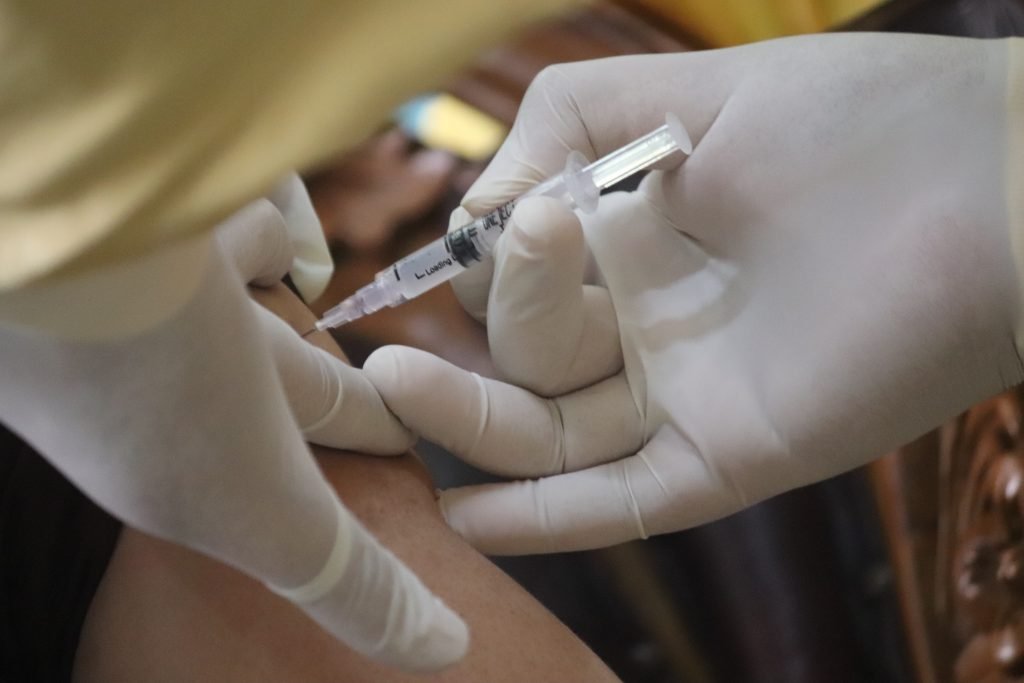The self-isolation period for COVID-infected persons and their contacts will be reduced from January 17 onward, Deputy Health Minister Tamar Gabunia said today.
For patients who are infected but asymptomatic, or with mild symptoms, the Ministry has recommended discontinuing isolation in 8 days, provided symptoms have disappeared for at least the past 24 hours.
People with moderate to severe infection should self-isolate for at least 10 days. Before leaving isolation, however, drastic improvements in the health condition over the last 24 hours should be recorded.
The recovered patients are strongly recommended to wear face masks for five days after ending self-isolation.
For contacts of COVID-infected persons, different self-isolation rules will apply depending on their vaccination or infection status.
Following individuals are not required to self-isolate but are strongly recommended to use a face mask for 10 days after the contact:
- Fully vaccinated individuals who have received their booster shots.
- Twice vaccinated people if they received their last shot at least 14 days prior to contact with a positive case. They are exemp from isolation for 90 days after the interim period of two weeks between being jabbed and developing immunity against the infection passes.
- Individuals who have recovered from the infection within the past 60 days.
Following persons are recommended to undergo eight-day self-isolation and use a face mask during the next nine to twelve days:
- People that are not vaccinated or fully vaccinated (with two doses).
- Fully vaccinated people for 14 days after receiving their second jab.
- Recovered individuals after the 60 day period passes.
Currently, asymptomatic patients have to remain in self-isolation, under the observation of a physician for 10 days, while those with symptoms have to spend at least 10 days and additional 3 asymptomatic days in self-isolation before discontinuing it.
Meanwhile, twelve days of self-isolation has been recommended to those having close contact with an infected person.
Georgia has seen a surge in cases in recent days, with over 5,000 daily new cases registered for the past four days, after a relatively slowed infection rate recorded at the end of December.
NCDC Georgia reported that as of January 14, 1096 cases of rapidly spreading Omicron variant of COVID-19 have been confirmed throughout the country.
NB: This article was last updated at 20:00 on January 17 after the Health Ministry clarified rules for contacts of Covid-19-infected individuals.
This post is also available in: ქართული (Georgian) Русский (Russian)

